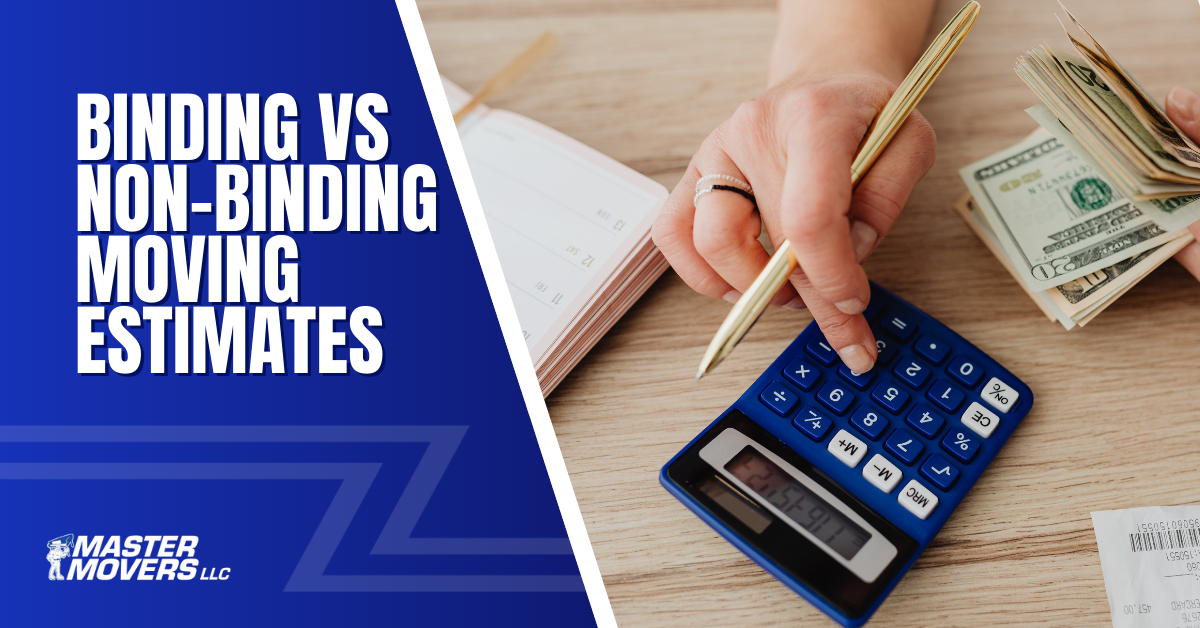Nashville TN Apartment Hunting Guide: Checklist for Renters

Nashville apartment hunting requires careful planning, thorough research, and strategic execution. From setting your budget to signing your lease, understanding what to look for and which questions to ask can make the difference between finding your ideal home and settling for less. The U.S. Census Bureau reports steady population increases that have impacted housing availability and pricing. This comprehensive guide will walk you through every step of the apartment hunting process.
Before You Start Searching
Before diving into your apartment search, it's important to understand Nashville's current rental landscape. According to Zillow, rental prices in Nashville have fluctuated based on neighborhood desirability, proximity to downtown, and local amenities. The Nashville Area Chamber of Commerce notes that the city's growing economy, particularly in healthcare, music, and technology sectors, continues to create competitive demand for quality rental properties.
Understanding these market dynamics helps you set realistic expectations and budget accordingly.
Set Your Budget
Calculate how much you can comfortably spend each month, including potential future expenses like utilities, fees, and moving costs. Financial experts typically recommend that your rent should not exceed 30% of your gross monthly income, though this guideline may vary based on your personal financial situation.
According to NerdWallet, renters should also budget for additional expenses, including:
- Renter's insurance: Typically costs between $15-30 per month in Tennessee
- Parking fees: If not included in rent
- Utility costs: May include electricity, water, gas, internet, and trash removal
- Pet fees or deposits: If you have animals
Nashville Electric Service provides average usage data that can help you estimate utility costs, which vary significantly by season. Don't forget one-time moving expenses, including professional movers, security deposits (typically one month's rent), application fees ($25-75 per application), and potentially first and last month's rent.
Make a List of Must-Haves
Prioritize your needs, such as a specific number of bedrooms, a certain commute time, or a need for pet-friendly housing. Creating a clear distinction between absolute necessities and nice-to-have features prevents you from wasting time touring apartments that don't meet your fundamental requirements.
Essential considerations might include:
- Bedrooms and bathrooms: How many do you need for your household
- Laundry facilities: In-unit laundry versus shared facilities or laundromat options
- Parking arrangements: Covered, uncovered, or street parking
- Pet policies: Including breed restrictions and weight limits
- Lease length flexibility: If you're uncertain about your long-term plans
Consider your lifestyle when determining must-haves. If you work from home, reliable high-speed internet access and a dedicated workspace may be non-negotiable. For those who rely on public transportation, proximity to WeGo Public Transit routes becomes crucial.
Use resources like NeighborhoodScout and the Metro Nashville Police Department's crime mapping tool to research safety statistics in areas you're considering. Visit neighborhoods at different times of day and days of the week to get an authentic sense of the area's character and activity levels.
Gather Your Documents
Have the necessary documents ready for the application, such as proof of income, rental history, and references. Being prepared with all required documentation expedites the application process and demonstrates to landlords that you're a serious, organized tenant.
Most Nashville landlords require:
- Proof of income: Recent pay stubs (typically last two to three months), tax returns if you're self-employed, or offer letters for new employment
- Government-issued identification: Driver's license or passport
- Rental history: Previous landlords' contact information and rental payment history
- Employment verification: Employer contact information or employment verification letters
- Personal or professional references: Non-family members who can vouch for your character
According to RentCafe, many landlords also conduct credit checks, so reviewing your credit report beforehand through AnnualCreditReport.com allows you to address any discrepancies proactively.
During Your Search and Tours
Tour the Apartments and the Area
Visit potential apartments and walk around the neighborhood at different times of day to check for safety, noise levels, and the general vibe. Scheduling tours strategically provides a comprehensive understanding of what living in that location would truly be like.
Try to visit:
- Morning rush hour: To assess traffic and commute times
- Weekday evenings: To gauge noise levels when residents are home
- Weekend afternoons: To observe neighborhood activity and family presence
When touring the apartment unit, take photos and videos (with permission) to help you remember and compare properties later. Pay attention to natural lighting, test faucets and water pressure, and note the condition of appliances, flooring, walls, and fixtures.
For a more detailed breakdown of Nashville's diverse neighborhoods, housing prices, and local amenities, check out our Nashville Neighborhood: Complete Area Guide.
Inspect the Property
Look for issues like cracks, stains, pest problems, or malfunctioning appliances. Check that windows, screens, and locks work correctly. A thorough inspection protects you from inheriting problems that may become your financial responsibility. The Tennessee Landlord-Tenant Law outlines tenant rights and landlord responsibilities.
Key areas to examine:
- Walls and ceilings: Look for water stains, cracks, or signs of mold
- Windows: Check for proper operation, intact screens, and secure locks
- Appliances: Test the stove, oven, refrigerator, dishwasher, and garbage disposal
- Plumbing: Look under sinks for water damage or active leaks
- Door locks: Ensure all entry points are secure
- Pest signs: Look for droppings, egg casings, or unexplained holes
In Nashville's humid climate, test heating and air conditioning systems if possible, and ask about the age and maintenance history of HVAC units.
Ask Crucial Questions
Inquire about what utilities are included, the average costs of utilities not included, pet policies, parking, and the process for maintenance and emergency repairs. According to Apartments.com, asking the right questions before signing a lease prevents misunderstandings. Essential questions include:
Utilities and Fees:
- What utilities are included in rent, and what you pay separately?
- What is the average monthly cost of utilities not included?
- Are there additional fees such as trash removal, pest control, or amenity access?
Pet and Parking Policies:
- What is the pet policy, including deposits, monthly pet rent, breed restrictions, and weight limits?
- What are the parking arrangements, including the number of spaces and any associated costs?
Lease Terms:
- What are the lease length options and early termination policies?
- What are the renewal terms and potential rent increases?
Maintenance:
- What is the maintenance request process and average response times?
- How are emergency maintenance situations handled after hours?
Be Aware of Rental Scams
Be wary of listings that are vague, ask for unusual payment methods like wiring money before a lease is signed, or pressure you to pay without a tour. The Federal Trade Commission warns that rental scams have become increasingly sophisticated.
Common red flags include:
- Listings with rental prices significantly below the market rate
- Landlords who claim to be out of town and cannot meet in person
- Requests for wire transfers, cryptocurrency, or gift cards as payment
- Pressure to send money immediately to hold the property
- Duplicate listings with identical photos on multiple platforms
Protect yourself by:
- Verifying the property owner through the Davidson County Register of Deeds
- Never send money before seeing the property in person
- Researching the landlord through the Better Business Bureau
- Trusting your instincts if something feels off

Finalizing Your Move
Review the Lease Thoroughly
Read the lease agreement carefully to understand all terms, conditions, and renewal policies before signing. A lease is a legally binding contract that outlines both your rights and responsibilities. According to the Tennessee Attorney General's Office, understanding your lease prevents disputes and protects your legal rights.
Key lease components to review:
- Rent details: Monthly rent amount, due date, payment methods, and late fee amounts
- Security deposit: Amount and conditions for its return
- Lease duration: Specific start and end dates
- Renewal terms: Notification requirements and rent increase policies
- Maintenance responsibilities: What repairs are the tenant's versus the landlord's responsibility
- Termination: Early termination fees and required notice periods
Document Existing Conditions
Before moving in, conduct a final inspection and document any existing damage to avoid being charged for it later. Creating a thorough move-in condition report protects your security deposit.
Take dated photos and videos of:
- Every room, including close-ups of any existing damage
- Scratched floors, stained carpets, wall marks or holes
- Damaged fixtures or hardware
- Appliance conditions and any existing issues
Test all functions one final time including lights, plumbing fixtures, appliances, windows, locks, and HVAC systems. Share your documentation with the landlord and keep copies for your records.
Get Everything in Writing
Ensure all agreements and lease terms are in writing to protect yourself. According to Nolo, having written documentation prevents misunderstandings and provides clear evidence if disputes arise.
Request written documentation of:
- Any promises made by the landlord, such as repairs to be completed before move-in or parking space assignments
- All correspondence, including emails and text messages, with your landlord
- All payments with receipts showing rent, deposits, and fees
Understand your rights under Tennessee law, including security deposit return timelines and habitability standards. The Tennessee Fair Housing Council provides resources if you believe you've experienced housing discrimination.
Conclusion
Apartment hunting in Nashville requires patience, diligence, and thorough preparation. By following this comprehensive checklist—from setting your budget and researching neighborhoods before you start, to conducting thorough inspections during tours, to protecting yourself with proper documentation when finalizing your move—you position yourself to find an apartment that meets your needs and budget while avoiding common pitfalls and scams.
Contact Master Movers today for a free moving quote and let us handle the heavy lifting while you focus on settling into your new Nashville home.



